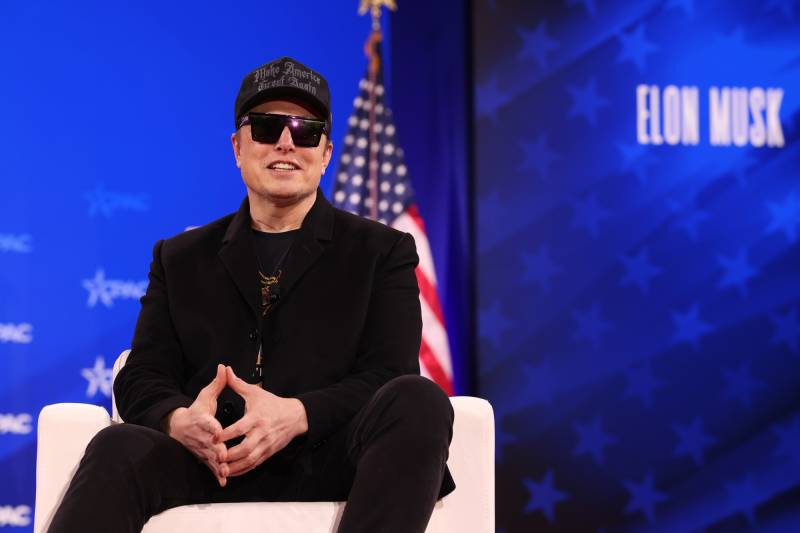However, given the conservative direction of the U.S. Supreme Court, it remains unclear if Alsup’s decision will be upheld if appealed. Many legal experts worry that Trump administration officials will choose not to abide by court rulings, given the president’s support for Musk’s efforts to cut the headcount in the federal government. Many critics characterize Musk’s leadership at DOGE as capricious, cruel and unconcerned with legality.
“When employees have job rights, as most federal employees do, they cannot be summarily fired without cause.” Catherine Fisk of UC Berkeley’s Law School wrote KQED. “Most federal civilian employees are protected by civil service laws that require the government to have just cause and to follow fair procedure to terminate them. That is true even when the government seeks to lay off employees for reasons of cost.”
Fisk added, “The taxpayers may wind up paying more to the thousands of federal employees whose rights have been violated in the recent mass purges than if it paid salaries and benefits now.”
That appears to be proving true for the X arbitration cases, according to Liss-Riordan, who noted that Twitter/X has to pay for arbitration fees, plus attorneys’ fees for both sides of each case the company loses. “It’s incredibly, insanely expensive what he’s doing,” Liss-Riordan said. “So anything Elon thought he was doing to save money is getting thrown out the window by spending all this money defending our cases, 2,000 of them, one by one.”
Liss-Riordan said her office has been taking calls from federal employees in recent weeks who are assessing whether and how to sue over their dismissals. “They’re being told something different every day. I think that’s part of the, frankly, harassment that DOGE, Elon, Donald Trump himself are intending to inflict on federal employees to keep them in the dark and afraid. They seem to just really wanna be pushing more workers out the door through these tactics.”
But, she added, “Elon Musk doesn’t own this country. He doesn’t own the federal government. He’s not at liberty to break it or run roughshod over workers rights.”


